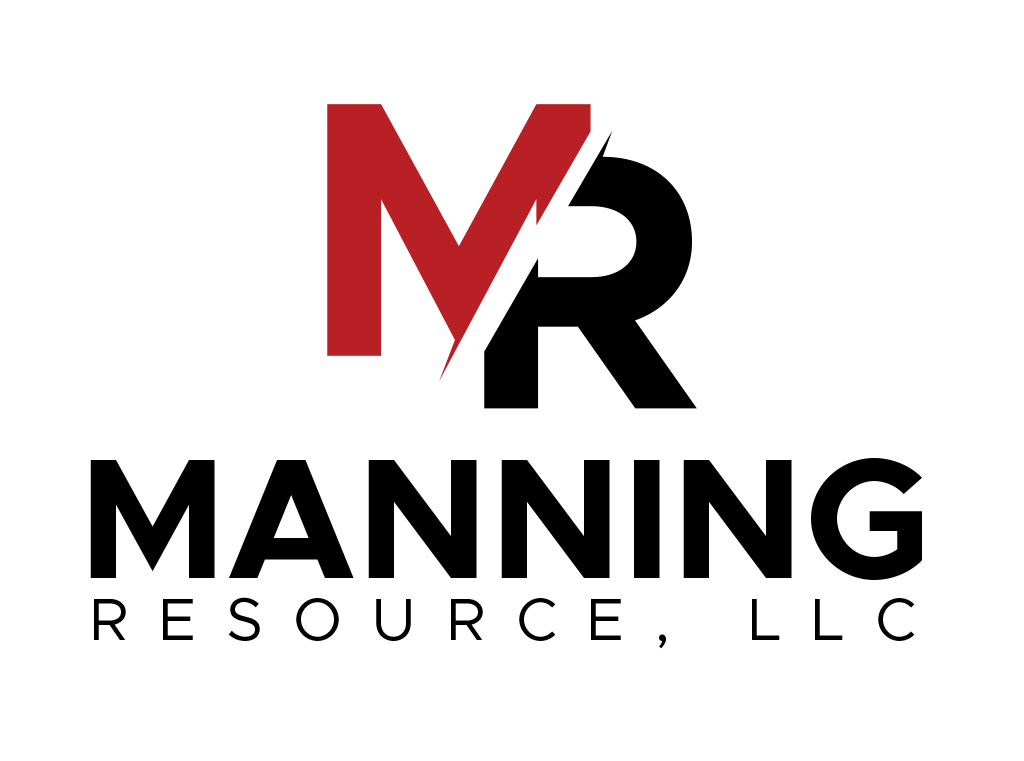In the world of food and beverage manufacturing, recalls are the ultimate nightmare. They damage reputations, erode consumer trust, and lead to significant financial losses. But recalls don’t just happen overnight, they are the result of a cascading failure that starts deep within operations.
At Manning Resource, we use the Recall Pyramid to illustrate this risk progression. The base of the pyramid represents Operational and Quality Failures, and as these failures increase, the likelihood of a recall rises. Let’s break it down.
The Foundation: Operational and Quality Failures
Every facility experiences operational inefficiencies and quality concerns, but when these issues become frequent and unmanaged, they create a breeding ground for product deviations. Equipment misalignment, sanitation lapses, process control failures, and supplier inconsistencies are all red flags.
If left unchecked, these failures lead to the next level of the pyramid.
Products Out of Specification
When operational and quality failures occur, products deviate from established specifications. Whether it’s an incorrect ingredient, microbial contamination, or foreign material presence, these deviations mean that products are no longer compliant with food safety, quality, and regulatory standards.
From here, manufacturers have two choices: either catch these defects early or allow them to escalate further up the pyramid.
Products Held
Once a product is identified as being out of spec, it often results in a hold, delays in distribution while investigations are conducted. This creates additional costs in warehousing, quality testing, and lost time.
A failure to control product holds effectively leads to even greater consequences.
Products Destroyed
If held products cannot be reworked or released safely, they must be destroyed. This results in wasted materials, lost revenue, and increased disposal costs. At this stage, the company is already facing significant financial burdens, but if defective products make it past this level, the damage can escalate even further.
Recalls: The Ultimate Cost of Failure
When products escape internal controls and reach consumers with food safety or quality issues, a recall becomes inevitable. At this stage, the consequences include consumer safety, regulatory action, legal liability, and brand damage.
Recalls don’t just cost money, they cost credibility.
Prevention: Controlling the Base of the Pyramid
The key takeaway? Recalls are preventable if manufacturers focus on strengthening the foundation, operational and quality controls. When organizations invest in predictive quality assurance, robust process management, and failure prevention strategies, they significantly reduce the risk of products moving up the pyramid, as well as optimizing their operations.
At Manning Resource, we specialize in helping companies proactively prevent recalls by addressing the root causes before they escalate. Don’t wait until you’re at the top of the Recall Pyramid, act at the foundation.




